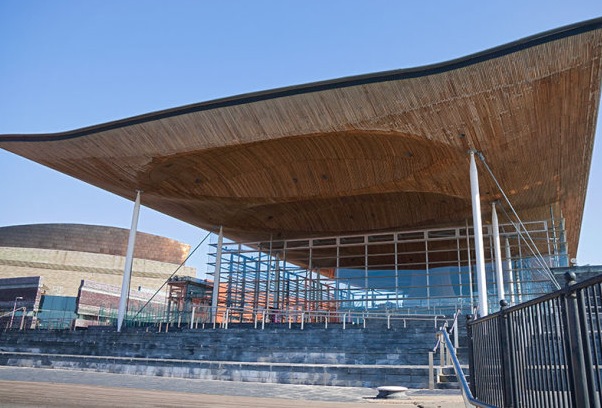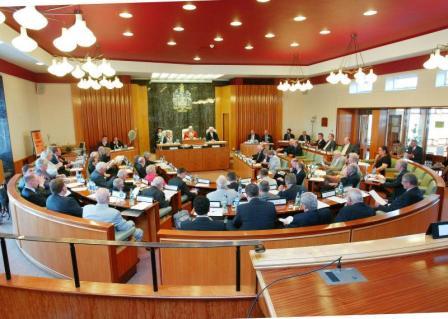When plans don't quite piece together
South Wales Evening Post - 15 April 2014
I’ve been given a few back-handed compliments since starting this column. My favourite though came from a lady who wrote that I manage to “make the anorak issues sound almost interesting”.
Interesting or otherwise, my experience over the years is that it’s these kinds of issues which tend to have a fundamental impact on our lives.
I had this lesson in mind when I recently met up with Swansea West AM Julie James. In true anorak fashion, we were looking at the Planning Bill that’s currently going through the Welsh Assembly and how it fits together with other pieces of impending legislation.
The papers and graphs that ended up strewn across the table reminded me of that scene from the Usual Suspects. You know the one I mean; when the FBI guy remarks on the state of the cop’s desk and is told, “Yeah, but it all makes sense when you look at it right”.
This comes just before the big plot twist that changes everything you thought you knew.
In our case however, and no matter how we looked at things, our conclusion was that not only don’t the policy pieces quite fit together but there’s also some doubt as to whether they even belong in the same box.
Earlier this year, Regeneration and Housing minister Carl Sergeant told a policy forum group in Cardiff how he felt too much attention has been paid in local government to regulating development rather than enabling others to get it done.
It sounded good to everyone present. There’s no argument that planning should be a tool that drives economic growth across Wales - and what better way to make this happen than through primary legislation.

Senedd in danger of piecemeal planning
Where things start to get tricky is how the new Bill is to be linked to separate proposals given by the Williams Commission to the Welsh government over how public services could be streamlined with less councils and joint action.
More worrying for me is the idea that responsibility for key development decisions needs to be taken from local authorities and given to specially created cross-boundary ‘planning boards’.
I found that local AM Peter Black is equally concerned about this change. He made the point to me that while there are some applications with national significance that need to be dealt with by ministers, that doesn’t justify taking a step away from local accountability on everything else.
The legislation up for debate is not about planning policies but changing how applications are decided and who does it. Having said that, even those Welsh councils who don’t find themselves merged in coming years could see their Local Development Plans put on the back burner as a new strategic approach comes into being.

Planning committees - far from perfect
Add to this situation the question of how the newly established City Regions fit into the mix, plus a more involved role for community councils, and the result is a dog’s breakfast of Baskerville proportions.
Don’t get me wrong here. I’m not putting the current system on a pedestal. I’ve sat in too many planning committees around Wales and seen too many doubtful decisions.
Most of these are made against officers’ recommendations and occasionally against established policy. More often or not there is also a political quid pro quo arrangement involved somewhere in the background.
I firmly believe that applicants who go to extensive time and cost in submitting their plans should be assured they will receive an equitable system of assessment. Reforms are needed to ensure this happens.
But I am not convinced that ‘professionalising’ planning decisions through non-accountable bodies will be an improvement any more than I think that the cabinet system has enhanced local democracy.
If that’s an anorak perspective then I guess you’re stuck with it.